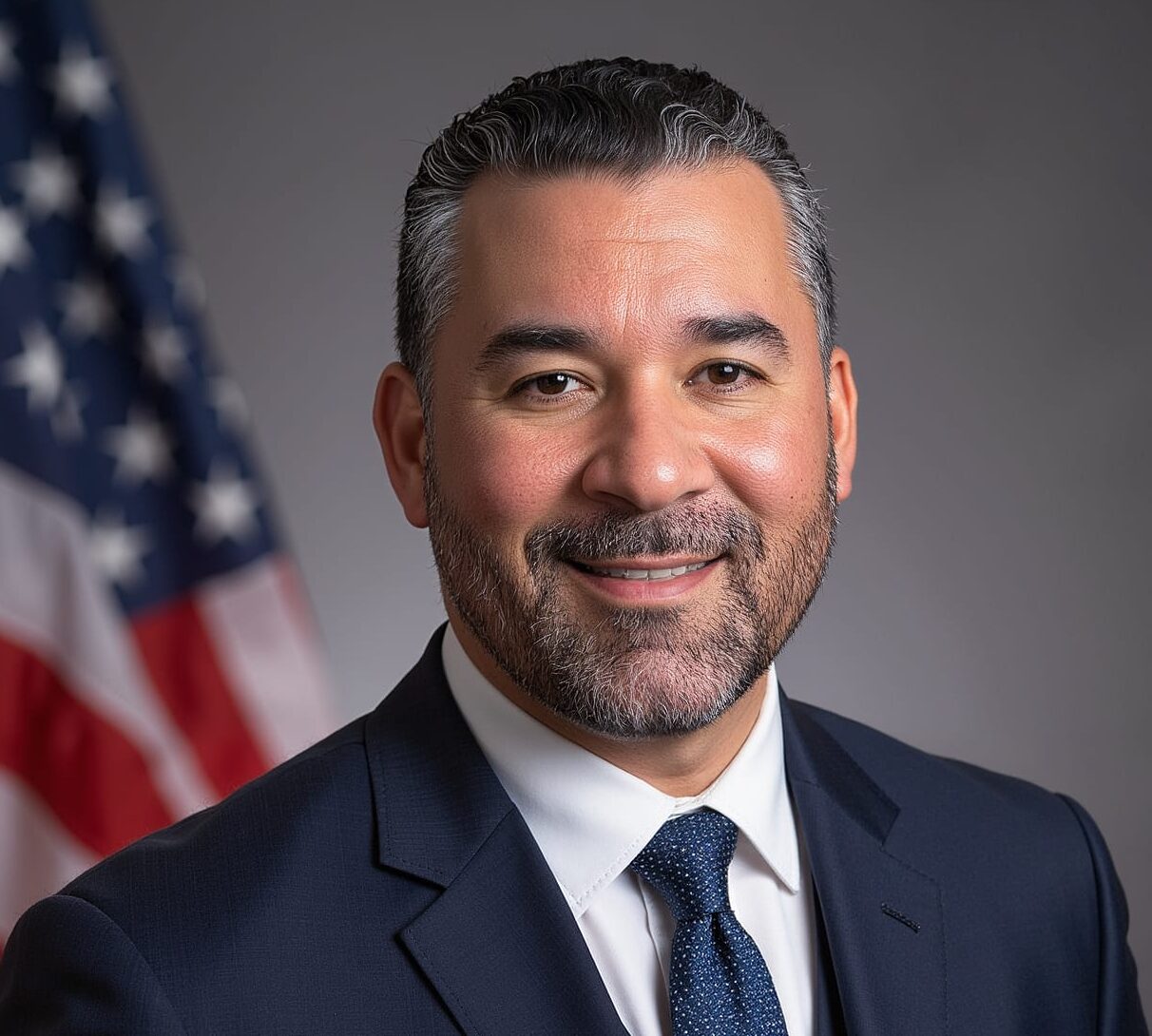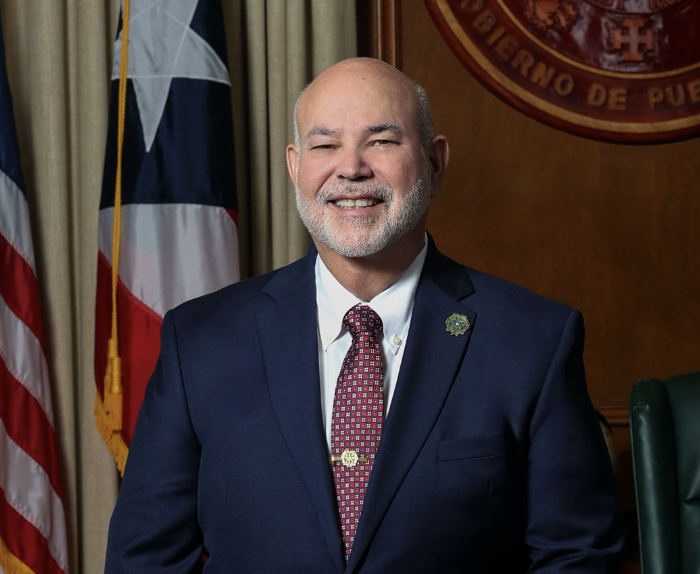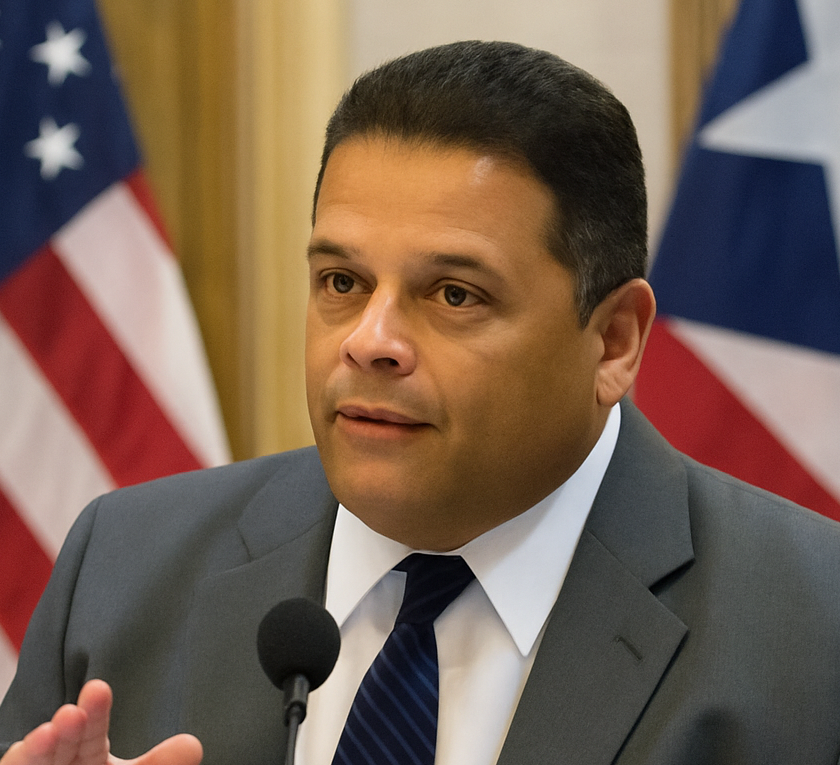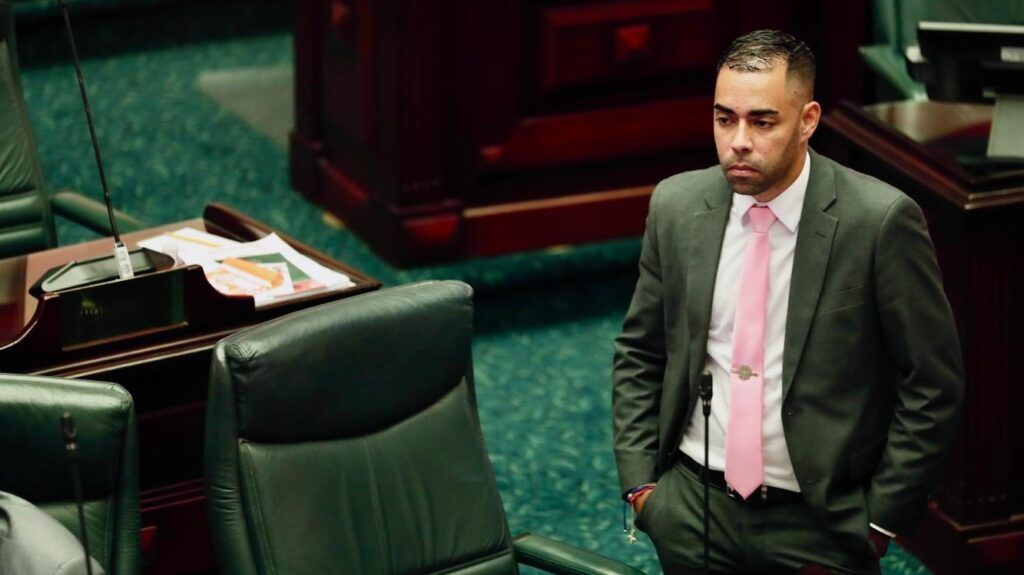Puerto Rico Statistics Institute, what for?

To achieve institutional reforms throughout the government in the digital era, there are three main pillars that must be in harmony among all government dependencies to properly carry out the mission:
Data – refer to the storage, collection and usage.
Digital – refer to the redesign of services via applications.
Technology – refer to the infrastructure where the data and applications reside.
This model had its beginning in the United Kingdom after repeated failures and massive amount of money spent in numerous projects. After its success, it became the norm worldwide, with delegations from over 250 countries visiting the facilities of Gov.UK in the United Kingdom to study the model and take it to their respective countries. Puerto Rico was not left out, as founding members of Gov.UK talked about ‘digital best practices’ with local leaders as part of the ‘Dear Fiscal Board‘ speaker series.
I have been closely involved with digital transformations with municipal, state and federal governments and jurisdictions from all over the world. The one constant has been the need to centralize the efforts of digital transformation, data management and technological reform in a single entity. An entity focused on the needs of the user and not on the preferences of any particular agency or departments, shielded from having to adjust to anachronous legal interpretations of what is or is not possible. As a recent example, in Canada, Justin Trudeau unified these responsibilities under the Canadian Digital Service. The person selected to lead this department is Aaron Snow, who directed 18f within the General Services Administration. 18F ‘collaborates with other agencies to fix technical problems, build products, and improve how government serves the public through technology.‘ Precisely, Aaron participated in the discussion the Dear Fiscal Board Speaker Series in Washington DC, along with Carlos Mercader, Shelly Ni as part of a panel on a digital strategy to rebuild Puerto Rico.
In Puerto Rico we have the Puerto Rico Innovation Technology Service (PRITS) created by executive order, but it does not have the legal authority nor the resources necessary to carry out its functions. There was progress on this matter with the inclusion of PRITS as part of the fiscal plan. It calls for the allocation of resources and provide proper empowerment in order to carry out its functions.
Puerto Rico also has the Statistics Institute, with legal autonomy and authority. The Institute maintains the data portal data.pr.gov, a world-class platform that facilitates the work of collecting and disseminating government data in compliance with the 10 principles of ‘open data’. The Institute plays a key role in sustaining the ‘Data’ pillar and it is about to be dismantled. The truth is, it is not about any agency or department, but about how the government organizes itself in the most effective manner, and privatizing the Institute is not in the best interests of Puerto Rican citizens. The Institute has proven results, playing a fundamental role in the identification of important indicators and leading the way by providing public access to its finances through transparenciafinanciera.pr.
Currently, both the Government and the Fiscal Control Board spend hundreds of millions of dollars on consultants exchanging excel sheets to generate reports . Worse yet, in many cases the provenance and integrity of these files is questionable. During the second discussion of the Dear Fiscal Board series, scheduled for September 6, 2017 but which took place on the 8th due to the passage of Hurricane Irma, we developed an application to locate shelters and delineate flood zones. I wrote about this here.
In order to publish the shelters, it was necessary to be able to find school data. The Institute had an accessible repository for this information. Here is a lesson I shared in my testimony before the Board: If the government provides ‘data as a platform’ the technology community and the private sector can easily innovate to provide ways to better consume this information. This can save lives.
Without a doubt, the pillars of data, digital and technology are multidisciplinary, they require a team with experience in service design, programming, systems and statistics. I am sure that if they take partisan politics out of the way, PRITS and the Statistics Institute will find ways to collaborate without having to reinvent a wheel that will surely be necessary if the Institute is dismantled but PRITS is empowered as stipulated in the Fiscal Plan. Unfortunately, politics often provide for instances where we’d rather get rid of a resource over understanding how to best utilize it. In short, we need a healthy Institute independent of government politics that can collaborate and support an empowered PRITS.
Like all governments now and in the future, they will quickly realize that to implement policies in the digital age they will need an alignment of Data, Digital and Technology to successfully execute on any fiscal plan.
*The author is a former Chief Information Officer for the Government of Puerto Rico. Originally published in his personal blog.
Popular ahora

Bienvenido a Noticel
Empieza a crear una cuenta
Verificación de cuenta
Te enviaremos un correo electrónico con un enlace para verificar tu cuenta. Si no lo ves, revisa tu carpeta de correo no deseado y confirma que tienes una cuenta vinculada a ese correo.
Has olvidado tu contraseña
Introduce el correo electrónico de tu cuenta y te enviaremos un enlace para restablecer la contraseña.
Has olvidado tu contraseña
Le hemos enviado un correo electrónico a {{ email }} con un enlace para restablecer su contraseña. Si no lo ve, revise su carpeta de correo no deseado y confírmeme que tiene una cuenta vinculada a ese correo electrónico.
Personaliza tu feed
Verifica que tu dirección de correo electrónico sea correcta. Una vez completado el cambio, utiliza este correo electrónico para iniciar sesión y administrar tu perfil.
Elige tus temas
- Deportes
- Economía
- El Tiempo
- Entretenimiento
- Más
- Noticias
- Opiniones
- Última Hora
- Vida y Bienestar
- Videos y Fotos




































Comentarios {{ comments_count }}
Añadir comentario{{ child.content }}